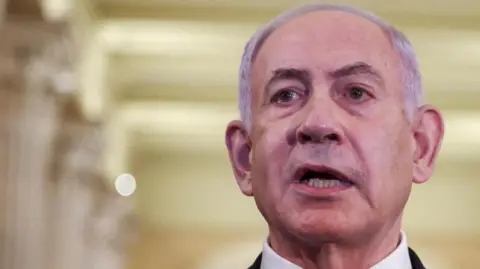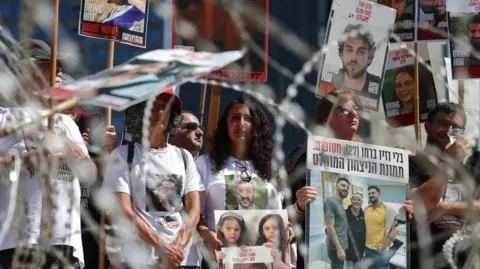The recent announcement by British Prime Minister Keir Starmer that the UK plans to recognize Palestinian statehood at the UN has been met with cautious acknowledgment—but little optimism—from Palestinians living under occupation. While the move signals a shift in Western diplomacy, many argue it comes far too late to reverse decades of Israeli settlement expansion, which has rendered the two-state solution increasingly unviable.
A Landscape Transformed by Settlements
Since Israel captured the West Bank in 1967, successive governments have pursued a relentless policy of settlement construction, embedding hundreds of thousands of Israeli civilians in the territory. Today, over 700,000 settlers live in communities that range from well-developed towns to militant outposts—all considered illegal under international law.
The Netanyahu government has accelerated this expansion, approving 22 new settlements in late May. Defense Minister Israel Katz framed the move as a “strategic necessity,” claiming it prevents Palestinian statehood and acts as a “buffer against enemies.” Finance Minister Bezalel Smotrich, a hardline settler leader, went further, calling it a step toward full Israeli sovereignty—a euphemism for annexation.
Life Under Occupation: Fear and Displacement
For Palestinians, the reality on the ground is one of daily intimidation and violence. In the Christian village of Taybeh, residents described a recent settler raid where cars were torched and homes vandalized. Kamal Tayea, a local resident, recounted the terror his family endured. “Our lives were threatened,” he said. “But what can we do? Israel doesn’t listen to international law.”
Father David Khoury, a Greek Orthodox priest born in Taybeh, echoed the sentiment. “They want us gone,” he said. “But we’ve been here for 2,000 years. Palestine is in our blood.”
Diplomatic Gestures vs. Tangible Change
In Ramallah, Palestinian diplomat Husam Zomlot welcomed Britain’s recognition pledge as a “starting gun” toward statehood. Yet, he stressed that past Western promises—like the 1917 Balfour Declaration, which pledged a Jewish homeland while vaguely safeguarding Palestinian rights—had only deepened historical injustices.
Meanwhile, Israeli officials dismissed the move as a reward for Hamas. Lawmaker Simcha Rothman accused Starmer of “threatening Israel” and argued that recognition would embolden militants.
“Thank You, But It’s Too Late”
Back in Taybeh, locals expressed weary resignation. “Britain’s support is meaningful,” said one businessman, “but after 60 years of occupation, what difference will it make?”
For Palestinians, the question remains: Can diplomatic recognition reverse decades of displacement—or is it merely another empty promise?









